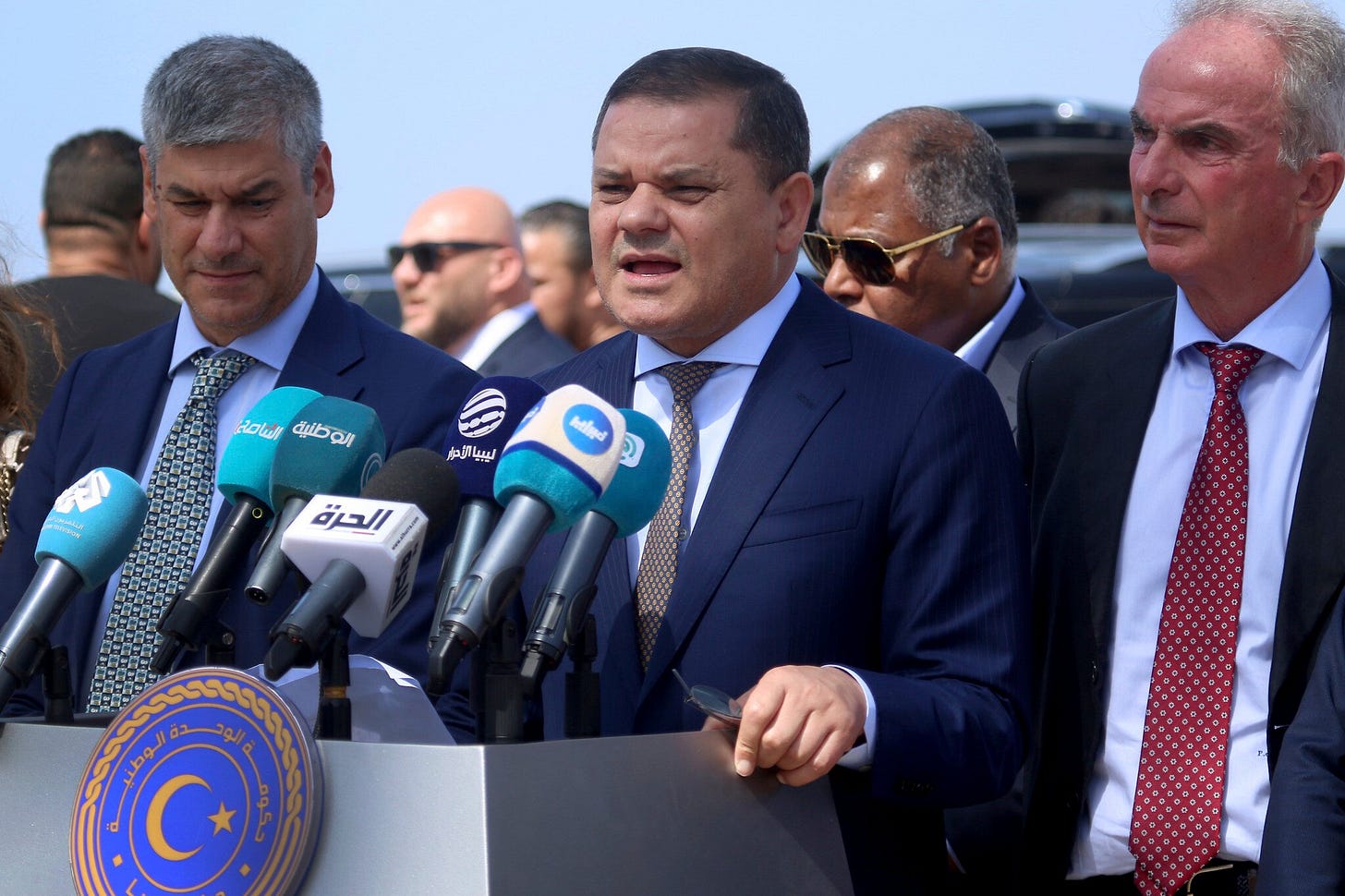Tripoli Draws a Line: Libya in the EastMed Energy Race
Libya is making a bold entrance into the North African energy race.
On 20 June, Libya submitted a diplomatic note to the United Nations—for the first time ever—in protest against Greece’s delineation of its Exclusive Economic Zone (EEZ) south of the island of Crete. The area has long been contested, with Türkiye and Cyprus also involved, largely due to its significant hydrocarbon reserves. Comparable surveys of the South China Sea suggest the region may hold up to 12 billion barrels of oil and 160 trillion cubic feet of natural gas. As such, this inaugural complaint signals a more assertive Tripoli emerging amid a resurgence of energy interests in North Africa, driven by mounting geopolitical volatility.
Contested Waters
The contested, resource-rich maritime area south of Crete spans 47,000 km². Greece claims a 200-nautical-mile Exclusive Economic Zone (EEZ) under the United Nations Convention on the Law of the Sea (UNCLOS), backed by a 2020 maritime agreement with Egypt. Türkiye, which rejects UNCLOS, argues that islands like Crete have limited EEZ rights under its “Blue Homeland” doctrine and claims a continental shelf that overlaps with Greece’s declared waters. In 2019, Türkiye signed a maritime delimitation deal with Libya’s Government of National Accord, an agreement Greece deems illegal.
Libya’s recent protest at the UN aligns with that 2019 deal, reflecting both Türkiye’s enduring influence and a more assertive Tripoli, now increasingly vocal on maritime claims. The dispute has been further inflamed by Greece’s June 2025 offshore tender offering the “Crete 1” and “Crete 2” exploration blocks. Tripoli objects, arguing that over 85% of the 23,300-square-kilometre area lies within Libya’s maritime zone. That protest coincides with Libya’s own offshore tenders near the same contested waters, adding yet another layer of friction.
Energy Race Towards Gaza 2035
These contentions have become increasingly relevant amid heightened geopolitical volatility following 7 October, further intensified by the recent confrontation between Israel and Iran. A global shift back towards traditional energy sources -at the expense of green alternatives- is driving a North African scramble to liberalise sectors, lodge diplomatic protests, and attract fresh investment in natural resources. Algeria’s aggressive expansion into hydrocarbons and minerals is particularly unsettling for Tripoli.
This energy race may jeopardise Israel’s ‘Gaza 2035’ agenda, which aims to create a Gaza-Arish-Sderot Free Trade Zone. The plan centers on developing the Gaza Marine field, which holds an estimated 1 trillion cubic feet of natural gas and could generate $2 billion annually; Egypt’s Arish Port would serve as the primary LNG export hub. In 2022–23, Israel’s gas exports to Egypt earned $13.63 billion, but the war on Gaza cut Egypt’s LNG re-exports by over 50%. This shows Cairo’s reliance on stable energy supplies.
Libya’s UN protest, backed by its 2019 maritime deal with Türkiye, escalates the Crete EEZ dispute and deepens competition on the Mediterranean. Türkiye’s overlapping claims challenge the EastMed gas corridor, a pipeline linking Israeli and Cypriot fields to Greece and Europe. If the Crete dispute disrupts maritime boundaries, it could stall the ‘Gaza 2035’ plan by shaking investor confidence and delaying trade agreements.



